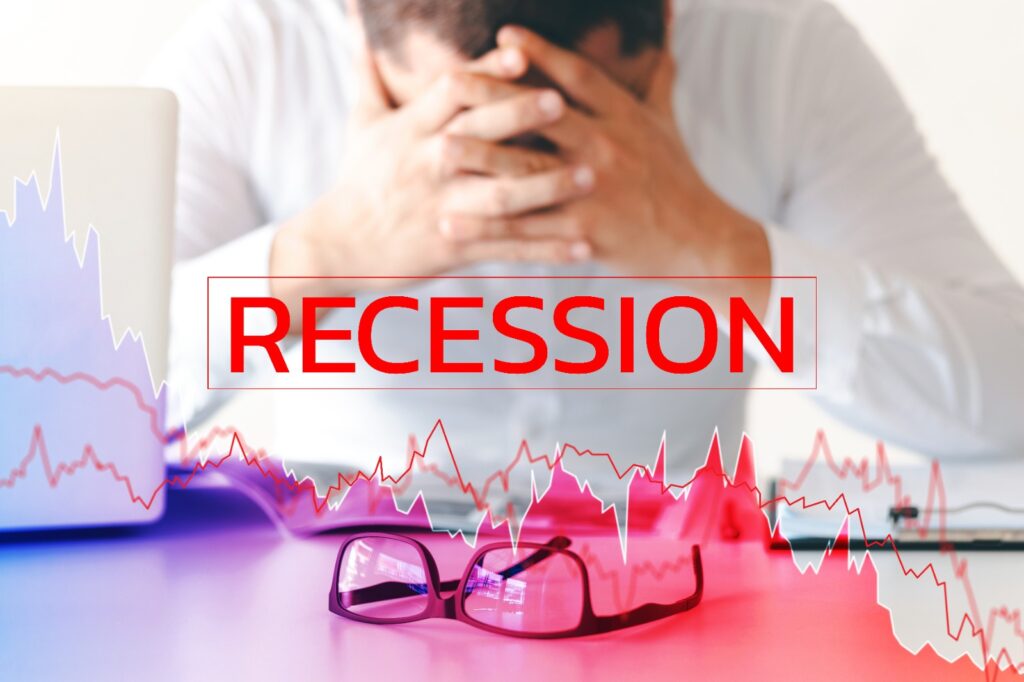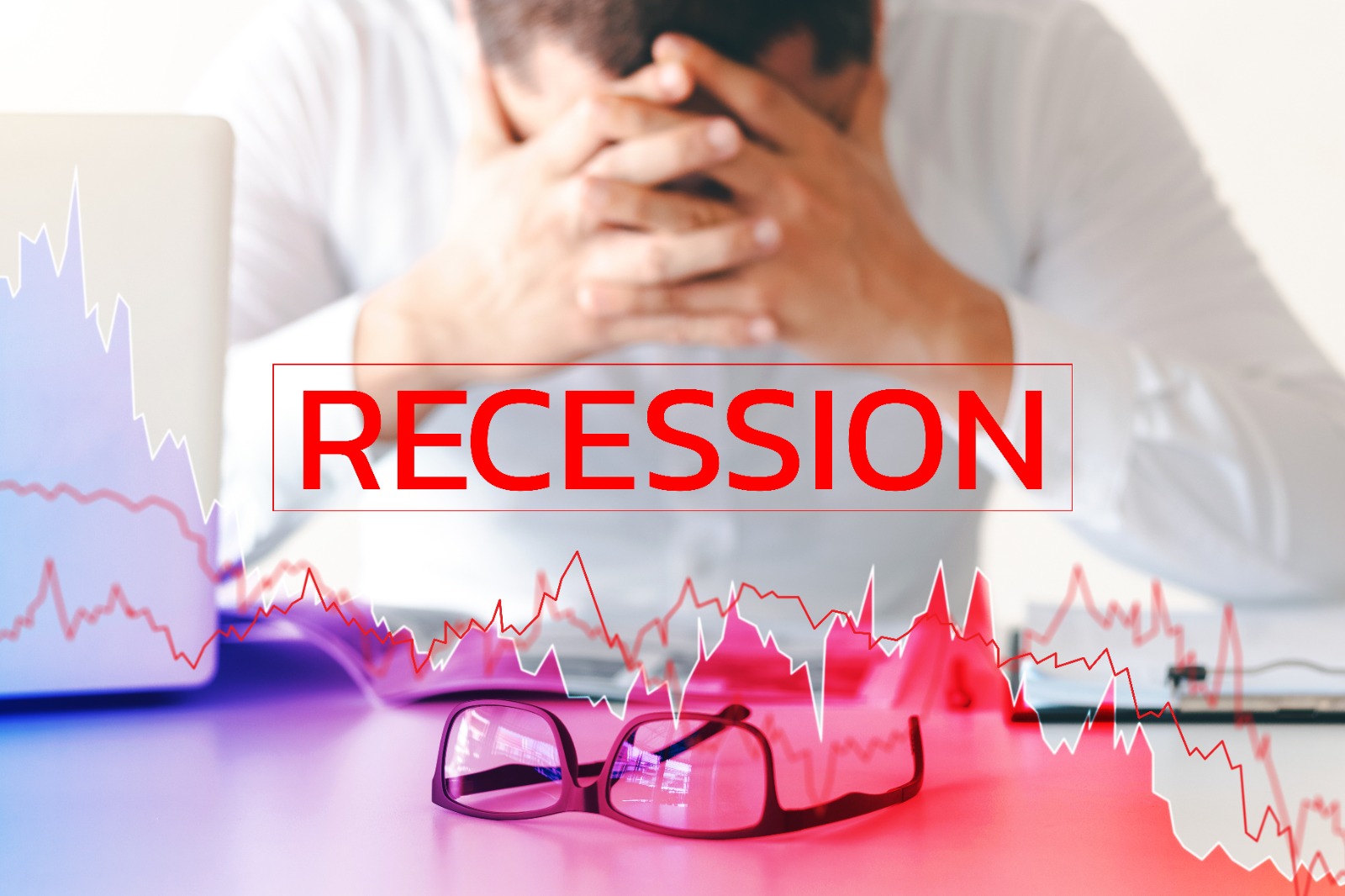Imagine walking to work on a shiny morning thinking that it will be just another smooth day at work and suddenly the weather changed with dark clouds and drizzles. Are you prepared for such an unexpected turn of events in your day-to-day life? Similarly, life throws you situations out of nowhere for you to handle. The ability to survive the bad times will be based on how well you manage to prepare yourself when and if that time comes.
In the world of finances, one who doesn’t understand the importance of diversification will be the one struggling the most when bad times hit. Despite having a ton of money, if you are not strategising and investing smartly, you are in for some deep trouble during the recession period. It is crucial for people to be prepared and have diversified financial strategies in place at all times. Similarly, the Stock Market Recession is the kryptonite for unplanned investment strategies and non-diversified investment portfolios.
Understanding Recession
When economic activities concerning a particular country are reduced significantly, then the country will declare that it is experiencing a recession. During a recession, a country will experience a wide range of job losses, business failures and significantly decreased consumer spending. Recessions can be triggered by both external and internal economic factors. Some of the most common causes of recession are economic turnarounds, reduced consumer confidence and monetary/fiscal policy errors.
A recession can impact an economy on various fronts including:
- Increased Unemployment: Every business, during the recession time, will look for cost-cutting and this will result in heavy job losses & unemployment.
- Declined Business Activities: When consumers reduce their spending volume, it will result in reduced investments which in turn will affect the business activities overall.
- Financial Market Volatility: Recession will make investors think twice about putting their money into a business’ success and thereby creating market volatility.
Protecting Your Savings
The first and foremost thing to consider when protecting your finances is to set up a strong emergency fund. This particular fund has to be set up in a way that it is easily accessible and sufficient enough to cover a minimum of 3 months’ expenses. It should provide you with financial stability in case of unemployment.
When you are looking to improve your savings by investing during a recession, then it is essential to create a budget structure and follow it properly. That structure needs to be built around the areas where you can save money regularly. For that, tracking your spending and keeping records of all your expenses is crucial. You should be able to prioritise essential expenses covering housing, food and essential utilities.
Along with recession, comes inflation where even the general goods and services are sold for a huge amount of money. To cover your expenses during a recession, you can consider the following strategies:
- Place your investments in inflation-protected securities and inflation-adjusted bonds which would help in offsetting the inflation effect.
- As a good hedge fund against inflation, you can consider investing in real estate projects since property values will be appreciated over time.
- Investing in tangible assets like gold and precious metals is also a good hedge fund against recession.
- When you are investing in stocks, it is absolutely essential to consider diversifying the asset classes. Having a widespread investment portfolio will help in reducing exposure to inflation risks.
Investing Wisely in Downturn
The best investment strategy during a recession is to diversify your portfolio in such a way that the risk is managed and you generate sufficient returns. Diversification will let you distribute your investments covering various asset classes like equities, bonds, stocks and commodities. This in return helps you when one of the classes gets exposed to market volatility and cushions the impact of market downfall.
While recession can be a problem for most investors, it also presents some investment opportunities for people who are willing to take calculated risks. A few of the potential investment opportunities that come to the surface during recessions are:
- Value stocks: These are stocks that usually trade below the intrinsic value of the commodity.
- Dividend-paying stocks: Pick out companies that will pay continuous dividends and invest in them for a steady income.
- Bonds: Due to the fixed interest rate scheme, bonds can be an ideal choice for safe investments during a recession.
- Real estate: The amount of appreciation for properties over time makes it a clear choice of investment during a recession period.
Conclusion
A recession is a challenging time for both individuals and enterprises. If you are to survive the tough economic times, then you need to be aware of the strategies that will help you to stay afloat during economic cyclones. Make sure to understand the cause and effect of the recession before preparing for the steps of recovery.
Investing in a diversified manner is the best way to handle yourself during a financial crisis. Conduct proper research and manage your investment ledger wisely to overcome the difficulties of a recession. Always remember to stay informed about the changing economic conditions to be prepared for any downfalls.








